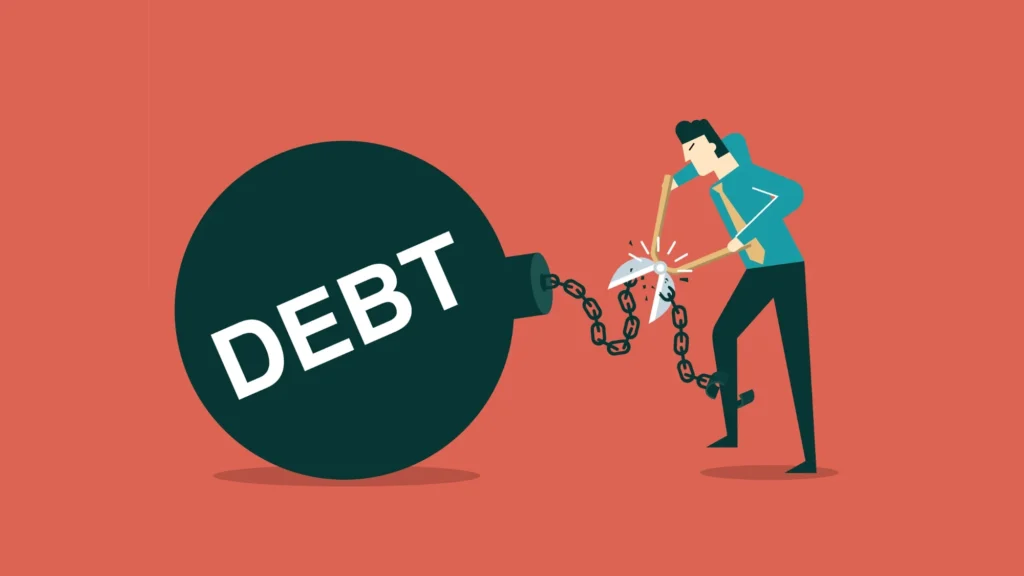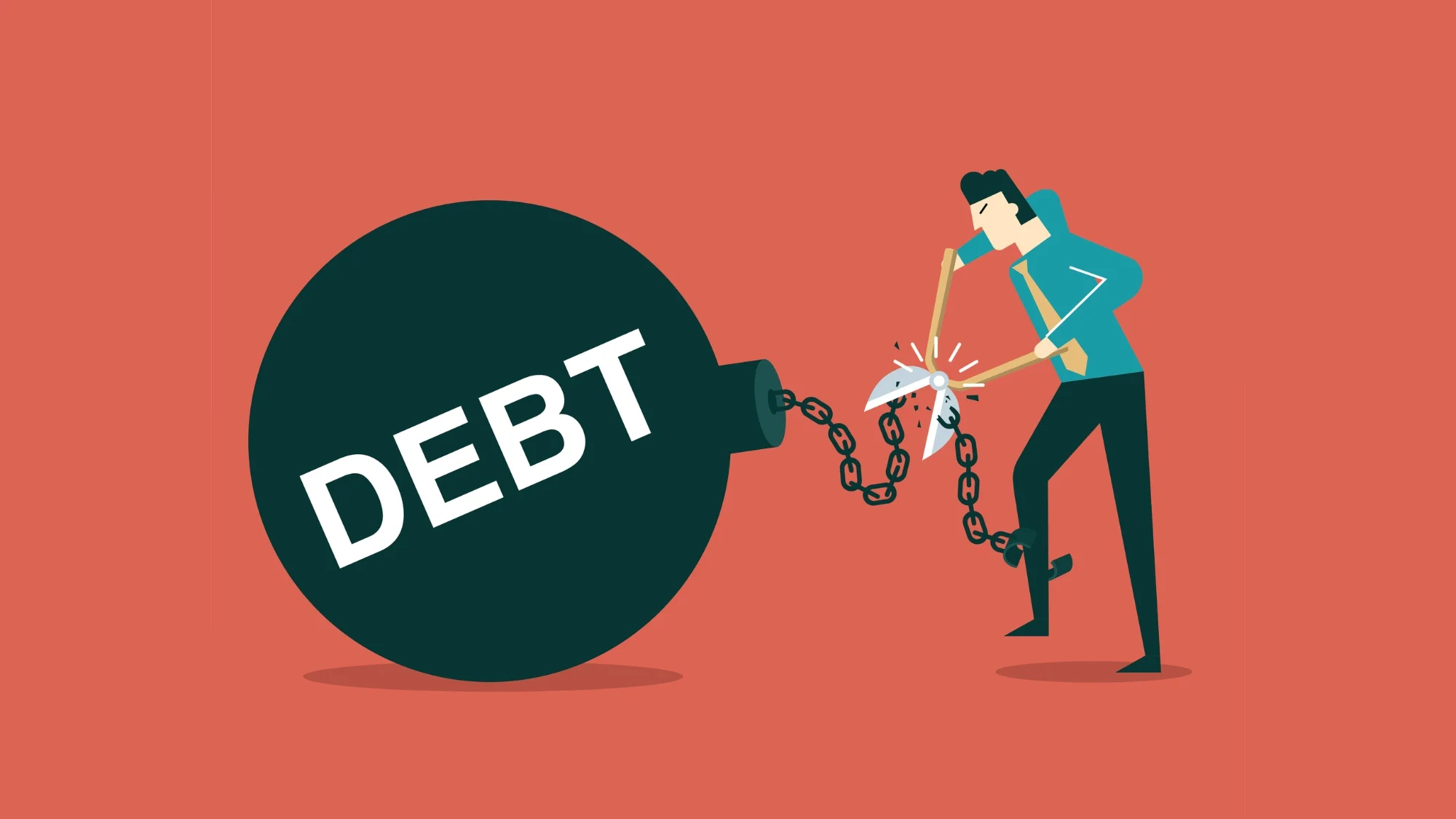Debt can be a suffocating burden, impacting not only your financial health but also your mental well-being. However, with the right strategies and a determined mindset, it’s possible to break free from debt’s grip faster than you might think. This comprehensive guide will explore various effective methods to help you pay off your debts quickly and regain your financial freedom.

Assess Your Debt Situation
Before diving into debt repayment strategies, it’s crucial to get a clear picture of your financial situation. List all your debts, including credit cards, personal loans, student loans, and any other outstanding balances. Note the interest rates, minimum payments, and total amounts owed for each. This overview will help you prioritize your debts and create a targeted repayment plan.
Create a Realistic Budget
Budgeting: Your Financial Roadmap: A well-crafted budget is the foundation of any successful debt repayment strategy. Track your income and expenses meticulously. Look for areas where you can cut back on spending, redirecting that money towards debt repayment. Remember, every dollar counts when you’re trying to eliminate it devil quickly.
The 50/30/20 Rule: Consider implementing the 50/30/20 budgeting rule: allocate 50% of your income to needs, 30% to wants, and 20% to savings and debt repayment. While tackling debt, you might want to adjust this ratio to allocate more towards it repayment.
Debt Repayment Strategies
The Debt Avalanche Method: This method focuses on paying off debts with the highest interest rates first. While making minimum payments on all debts, put any extra money towards the debt with the highest interest rate. This strategy minimizes the amount of interest you’ll pay over time, potentially saving you significant money.
The Debt Snowball Method: If you need more psychological wins to stay motivated, it snowball method might be for you. Start by paying off your smallest it first, regardless of interest rate. Once that’s paid off, move to the next smallest. This method provides quick wins, boosting your motivation to continue paying off it.
Debt Consolidation
Consider consolidating multiple high-interest debts into a single, lower-interest loan. This can simplify your payments and potentially reduce the total interest you’ll pay. However, be cautious and ensure the terms of the consolidation loan are truly beneficial.
Increase Your Income
Side Hustles and Freelancing: Look for ways to boost your income. In today’s gig economy, there are numerous opportunities for side hustles or freelance work. Use this extra income solely for it repayment to accelerate your progress.
Sell Unused Items: Go through your belongings and sell items you no longer need. Online marketplaces make it easy to turn clutter into cash, which can be immediately applied.
Negotiate with Creditors
Lower Interest Rates: Don’t be afraid to contact your creditors and negotiate for lower interest rates. If you have a history of on-time payments, they may be willing to reduce your rate, which can significantly impact your debt repayment timeline.
Hardship Programs: If you’re facing financial hardship, ask about hardship programs. Many creditors offer temporary payment reductions or interest rate freezes to help you get back on track.
Avoid New Debt
The Credit Card Freeze: While paying off debt, it’s crucial to avoid accumulating new it. Consider literally freezing your credit cards in a block of ice, making them inaccessible for impulsive purchases.
Cash-Only Lifestyle: Switch to a cash-only lifestyle for discretionary spending. This helps create a tangible connection to your money and can reduce overspending.
Stay Motivated
Celebrate Milestones: Set small, achievable goals along your debt repayment journey and celebrate when you reach them. This could be paying off a certain amount or eliminating a specific it.
Visualize Your Progress: Create a visual representation of your debt repayment journey. This could be a chart on your wall or a digital tracker. Seeing your progress can be incredibly motivating.
Seek Support
Financial Counseling: Consider working with a financial counselor who can provide personalized advice and strategies for your specific situation.
Support Groups: Join online forums or local support groups for people working to get out of debt. Sharing experiences and tips can provide both practical advice and emotional support.
Plan for the Future
Emergency Fund: As you pay off debt, start building an emergency fund. This will help prevent you from falling back into it when unexpected expenses arise.
Financial Education: Invest time in learning about personal finance. Understanding money management can help you maintain your debt-free status and build wealth in the future.
Getting out of debt quickly requires dedication, discipline, and a strategic approach. By combining these strategies – creating a budget, choosing an effective repayment method, increasing your income, negotiating with creditors, and staying motivated – you can accelerate your journey to financial freedom.
Remember, the path out of debt is rarely easy, but the financial peace and opportunities that await on the other side make the effort worthwhile. Stay committed to your goal, celebrate your progress, and look forward to the debt-free future you’re building for yourself.







